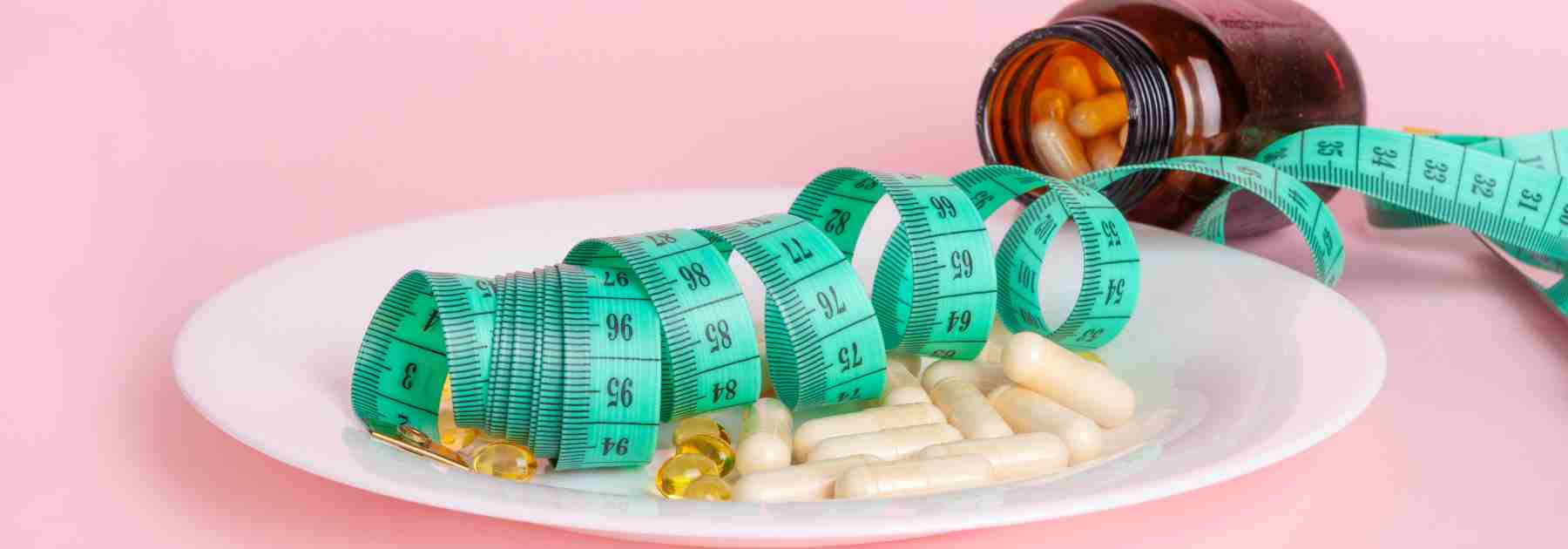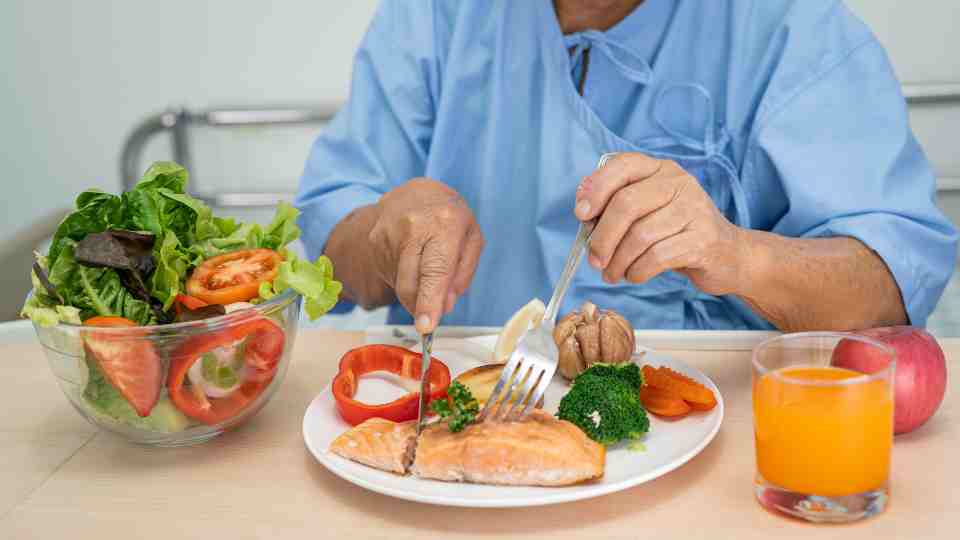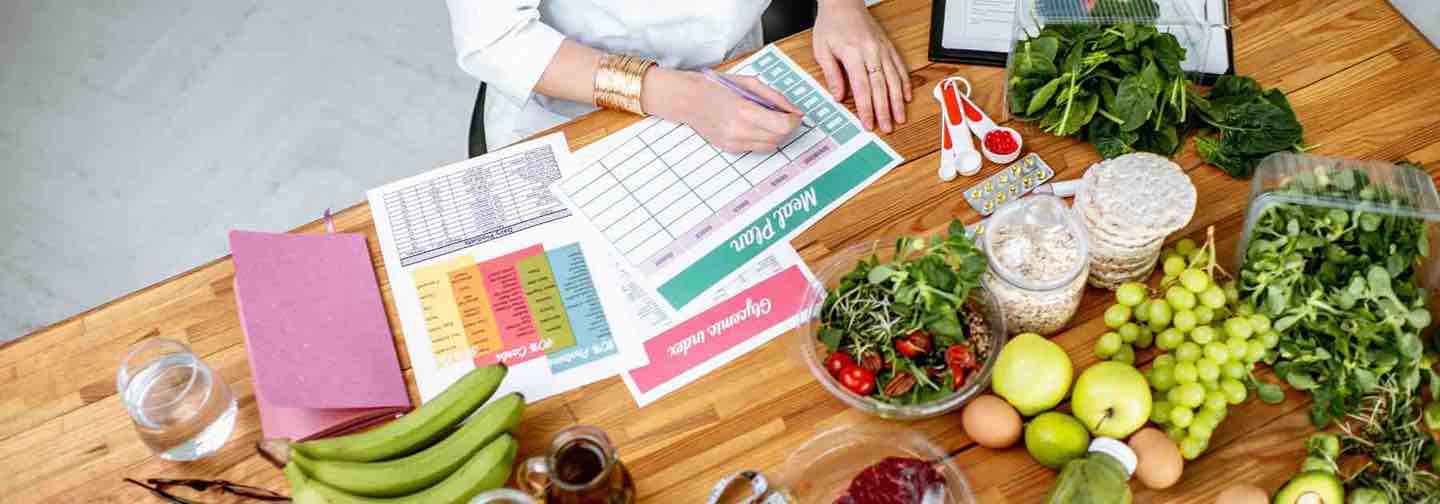At Pharmaesthetics Central in Birmingham, we help patients achieve their weight loss goals with clinically proven treatments, including Orlistat tablets. Orlistat is an effective medication for weight loss, but to get the best results and avoid unpleasant side effects, it’s essential to follow a low-fat diet.
This blog explains how Orlistat works, why too much fat can cause side effects, and what foods to eat and avoid to maximise your weight loss success.
How Orlistat Tablets Work for Weight Loss
Orlistat (available as Xenical 120mg on prescription and Alli 60mg over the counter) is a medication designed to help individuals lose weight by reducing fat absorption. Instead of affecting appetite or metabolism, Orlistat blocks about 30% of the fat from the food you eat, preventing it from being absorbed by the body.
The unabsorbed fat is then excreted through your digestive system rather than stored as body fat. While this can be highly effective for gradual and sustainable weight loss, it also means that consuming too much fat can lead to unpleasant digestive side effects.
Why a Low-Fat Diet Is Essential When Taking Orlistat
Since Orlistat only blocks fat absorption, it doesn’t impact carbohydrates, protein, or sugar intake. However, if your diet is too high in fat, the unabsorbed fat is expelled in your stools, leading to side effects such as oily or greasy stools, frequent or urgent bowel movements, flatulence with oily spotting, and diarrhoea or stomach cramps.
These side effects occur because the body cannot absorb the excess fat, forcing it out through the digestive system. By following a low-fat diet, you can minimise these effects and enhance weight loss results.

How Much Fat Should You Eat on Orlistat?
To balance effective weight loss with comfort. It’s recommended to keep fat intake below 30% of your total daily calories, and aim for no more than 15g of fat per meal.
We also recommend that you spread your fat intake evenly throughout the day. For example, if you consume 1,500 calories per day, your fat intake should be 40–50g total per day. Eating all of your daily fat allowance in one high-fat meal can trigger digestive issues, so it’s best to distribute it across meals.
Best Foods to Eat While Taking Orlistat
A balanced diet low in fat but rich in nutrients will help you get the most out of Orlistat. Some great food choices include:
Protein Sources
- Skinless chicken or turkey
- Lean cuts of beef or pork
- Fish (such as cod, haddock, and tuna)
- Egg whites or whole eggs in moderation
- Low-fat dairy (skimmed milk, fat-free yoghurt, low-fat cheese)
- Plant-based proteins (tofu, lentils, chickpeas, black beans, quinoa)
Healthy Carbohydrates
- Whole grains (brown rice, wholemeal bread, oats, quinoa)
- Legumes and pulses (lentils, kidney beans, chickpeas)
- Starchy vegetables (sweet potatoes, squash, carrots)
Fruits and Vegetables
- Leafy greens (spinach, kale, lettuce, rocket)
- Cruciferous vegetables (broccoli, cauliflower, Brussels sprouts)
- Berries (strawberries, blueberries, raspberries, blackberries)
- Apples, pears, oranges, and other fibre-rich fruits
Healthy Fats (In Moderation)
- Avocados
- Nuts (almonds, walnuts, cashews – in moderation)
- Seeds (chia, flax, pumpkin)
- Olive oil (in small amounts, no more than a teaspoon per meal)
Foods to Avoid While Taking Orlistat
To prevent digestive discomfort and improve weight loss results, avoid foods that are high in fat and difficult to digest.
High-Fat Meats & Dairy
- Sausages, bacon, burgers, and fried meats
- Full-fat cheese, whole milk, butter, and cream
- Processed meats like salami and pepperoni
Fried & Fast Foods
- Chips, fried chicken, and doughnuts
- Takeaways, pizza, and high-fat ready meals
Oily & Fatty Snacks
- Crisps, biscuits, and chocolate bars
- Pastries, cakes, and croissants
High-Fat Condiments & Sauces
- Mayonnaise, full-fat salad dressings, and creamy sauces
- Gravy made with meat fat
Eating these foods while taking Orlistat tablets can cause unwanted side effects and slow down weight loss progress.
Tips for Success on Orlistat
To ensure effective and comfortable weight loss, follow these tips while using Orlistat:
1. Plan Your Meals – Preparing low-fat meals in advance reduces the temptation of high-fat foods.
2. Read Food Labels – Check for hidden fats in processed foods and stick to options with less than 5g of fat per 100g.
3. Stay Hydrated – Drinking plenty of water aids digestion and prevents constipation.
4. Take a Multivitamin – Since Orlistat can reduce absorption of fat-soluble vitamins (A, D, E, K), taking a supplement is recommended.
5. Be Consistent – Take one tablet with each meal containing fat and avoid skipping doses.
How Pharmaesthetics Central in Birmingham Can Help
At Pharmaesthetics Central, we provide expert advice and personalised support for those using Orlistat tablets. Whether you need guidance on nutrition, meal planning, or weight loss progress, our specialists are here to help.
If you’re considering Orlistat for weight loss, visit our Birmingham clinic or contact us today for a consultation. With the right support and a well-balanced diet, you can achieve your weight loss goals safely and effectively.

This blog was written on behalf of Pharmaesthetics Central by Pharmacy Mentor.








